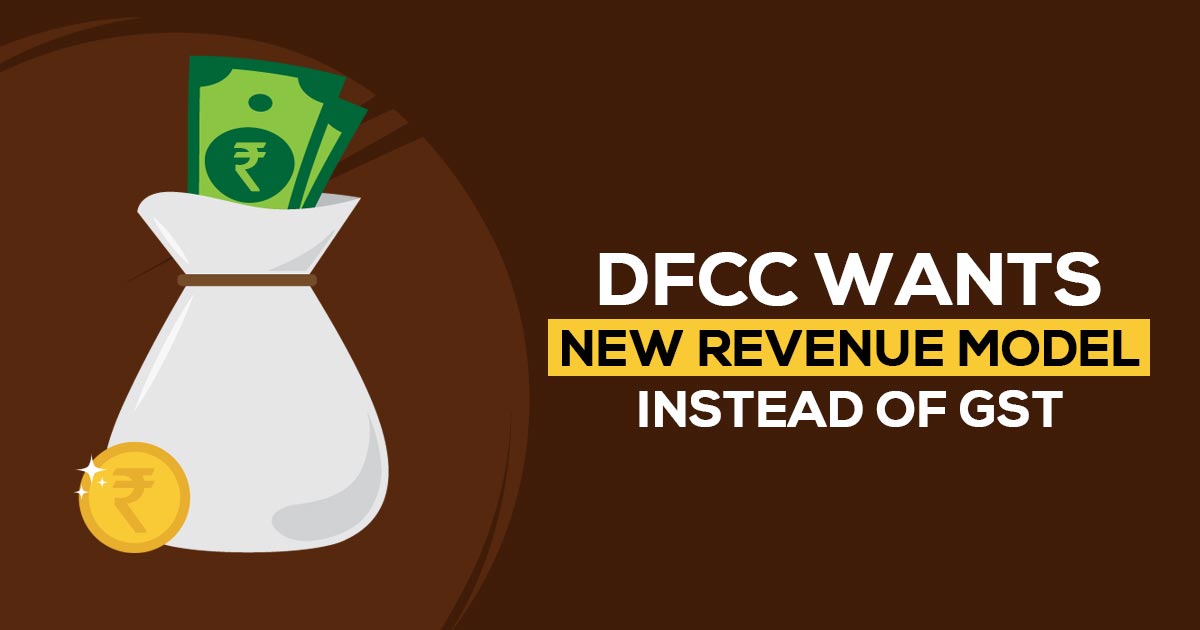
Alternative revenue models are under consideration by the Ministry of Railways and its undertaking, the Dedicated Freight Corridor Corporation of India (DFCC), due to concerns over the current system that imposes an 18 percent goods and services tax (GST) on the corporation, according to multiple sources.
A report has been prepared by the DFCC consultants and submitted to the Railway Board for consideration.
In the existing revenue model, the railways pay the public sector undertaking (PSU) for its services in maintaining and operating freight corridors through a track access charge (TAC). This revenue, along with government allocations, enables the corporation to undertake projects and repay its foreign debt. The TAC covers various costs for DFCC, including fixed costs, variable expenses (such as fuel charges and staff costs), and finance-related costs (such as depreciation, cost of capital, and interest).
However, the inclusion of an 18 percent GST on the TAC has significantly increased the financial burden on the ministry for DFCC. Sources familiar with the matter state that although taxes on such transactions have existed, the present model is not the most tax-efficient for the PSU. Although DFCC is a special-purpose medium and is considered a zonal rail body for administrative purposes, the TAC setup differs from the operational structure of a zonal railway.
One important similarity is that DFCC cannot generate revenue directly from the transportation of goods. Instead, all freight income is credited to the Railway Board, which then distributes it in the form of TACs and other provisions. This issue has gained significance because DFCC relies on TACs to service its debt to multilateral agencies like the World Bank and Japan International Cooperation Agency (JICA), which have provided approximately Rs 52,000 crore for the eastern and western freight corridors.
Read Also: GST Impact on Indian Railway Network
Resolutions on this matter are ongoing between the Ministries of Railways and Finance, and a final decision is yet to be given. The tax implications need to be clarified. As of now, if an item is not assigned a specific GST slab, it is automatically taxed at 18 percent, according to DFCC Managing Director R K Jain. The current TACs for DFCC amount to approximately Rs 5,000 crore, as confirmed by another high-ranking executive of the DFCC.
In this scenario, the corporation would be liable to pay around Rs 900 crore as GST. The current TAC model has also posed challenges for DFCC in claiming input tax credit on the GST it pays, resulting in a perceived loss for the corporation.